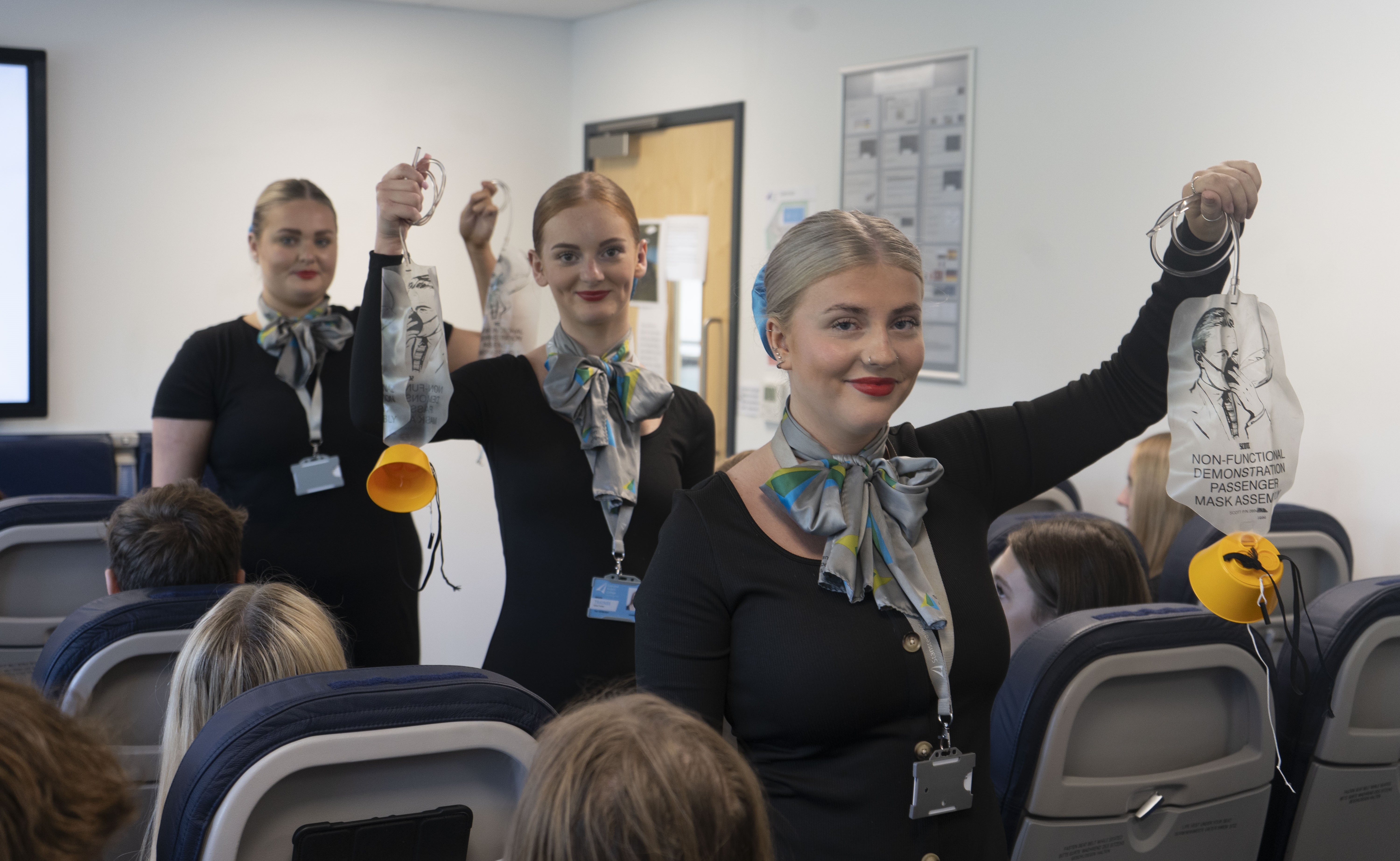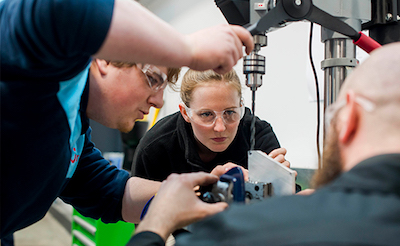Aircraft maintenance technicians are essential in the aviation industry, working in both civil and military sectors to ensure the safety and airworthiness of aircraft, including planes, helicopters, and jet fighters. These skilled professionals maintain and certify aircraft by inspecting, repairing, and modifying mechanical, electrical, and electronic systems. They perform safety checks, manage technical logs, and handle scheduled and unscheduled maintenance tasks. Often working in diverse environments such as hangars and workshops, technicians may hold an Aircraft Maintenance Licence issued by regulatory bodies like the Civil Aviation Authority (CAA) or the European Union Aviation Safety Agency (EASA), reflecting their expertise and commitment to aviation safety.
Read more
Talented engineers, technicians and managers are vital to the future success of the engineering and aeronautical industries. This course will give you a solid knowledge base as well as supporting you to develop essential hand skills that will enable you to progress into roles such as an aircraft maintenance technician or aircraft fitter. You could also progress to an apprenticeship or onto a higher level of study.
Read more
Talented engineers, technicians and managers are vital to the future success of the engineering and aeronautical industries. This course will give you a solid knowledge base as well as supporting you to develop essential hand skills that will enable you to progress onto an apprenticeship or onto a higher level of study in either Operations and Maintenance or Aircraft Maintenance.
Read more




